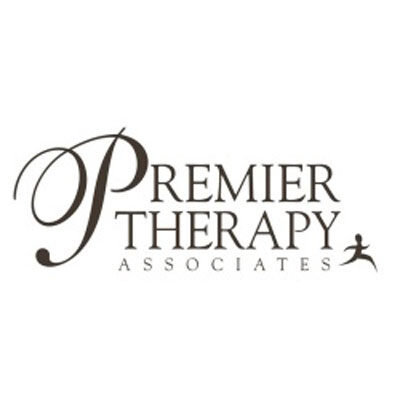Most children make some mistakes as they learn to say new words. A speech sound disorder occurs when mistakes continue past a certain age. Every sound has a different range of ages when the child should make the sound correctly. Speech sound disorders include problems with articulation (making sounds) and phonological processes (sound patterns).
Can adults have speech sound disorders?
Adults can also have speech sound disorders. Some adults continue to have problems from childhood, while others may develop speech problems after a stroke or head injury. To learn more about adult speech disorders, see apraxia of speech and dysarthria.
What are some signs of a phonological disorder?
A phonological process disorder involves patterns of sound errors. For example, substituting all sounds made in the back of the mouth like “k” and “g” for those in the front of the mouth like “t” and “d” (e.g., saying “tup” for “cup” or “das” for “gas”).
Another rule of speech is that some words start with two consonants, such as broken or spoon. When children don’t follow this rule and say only one of the sounds (“boken” for broken or “poon” for spoon), it is more difficult for the listener to understand the child. While it is common for young children learning speech to leave one of the sounds out of the word, it is not expected as a child gets older. If a child continues to demonstrate such cluster reduction, he or she may have a phonological process disorder.
How are speech sound disorders diagnosed?
A speech-language pathologist (SLP) is the professional that evaluates children or adults with speech and language difficulties. The SLP listens to the person and may use a formal articulation test to record sound errors. An oral mechanism examination is also done to determine whether the muscles of the mouth are working correctly. The SLP may recommend speech treatment if the sound is not appropriate for the child’s age or if it is not a feature of a dialect or accent. For children, the SLP often also evaluates their language development to determine overall communication functioning.
What if I speak more than one language? Is my accent a speech sound disorder?
An accent is the unique way that speech is pronounced by a group of people speaking the same language. Accents are a natural part of spoken languages. It is important to realize that no accent is better than another. Accents are NOT a speech or language disorder. An SLP can work on accent modification services if a client wishes to reduce or modify his or her accent.
What treatments are available for people with speech sound disorders?
SLPs provide treatment to improve articulation of individual sounds or reduce errors in production of sound patterns.
Articulation treatment may involve demonstrating how to produce the sound correctly, learning to recognize which sounds are correct and incorrect, and practicing sounds in different words. Phonological process treatment may involve teaching the rules of speech to individuals to help them say words correctly.
